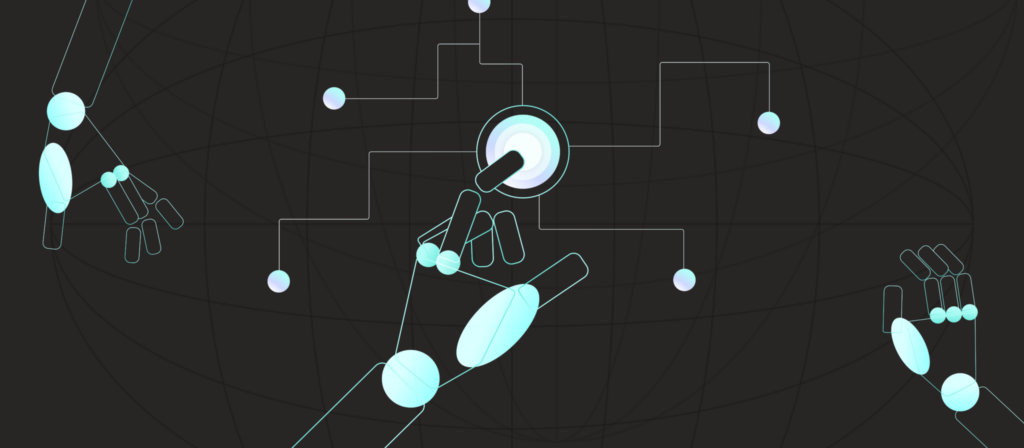AI agents are no longer just a concept from research papers or experimental side projects. They’re now showing up in the tools we use every day, helping teams triage support cases, automate approvals, surface insights, and even acting across systems without human intervention.
That’s exciting… and a little terrifying.
As the CISO at Workato, and having built automation and orchestration solutions first-hand, I’m deeply aware of how powerful these capabilities can be. With the launch of our Agent Studio and Enterprise Search features, we’ve made it easier than ever for customers to design autonomous agents directly on our iPaaS platform.
But with great power comes great responsibility. And the question that keeps me grounded is this:
What does it mean for an AI agent to be enterprise-ready?
Identity and Access: Knowing What the Agent Is
Enterprise agents need to be treated like system users: they must have a defined identity, scoped access, and a clear owner. Often, agents run on behalf of a human user — taking actions as that user across connected systems. That makes it critical to verify both the initiating user and the systems the agent is authorized to access. Without these controls, agents become security liabilities. Applying least privilege and non-repudiation ensures every agent action is traceable, intentional, and appropriately limited.
Guardrails for Generative Behavior
Generative AI is powerful, and unpredictable. An enterprise agent built with a language model must have boundaries. Structured prompts, contextual grounding, and restricted output scopes help avoid hallucinations or overreach. In higher-risk use cases, human-in-the-loop workflows are critical.
Visibility and Auditing
Agent actions must be observable and logged. That includes the who, what, and why behind every action, from trigger to execution. Security and privacy teams need this level of visibility to audit behavior, detect anomalies, and respond confidently.
Lifecycle Governance
Agents should be versioned, reviewed, tested, and retired like any software artifact. Just because an agent is fast to build doesn’t mean it’s exempt from policy. Enterprise-readiness includes putting every agent through a secure development lifecycle, from creation to sunsetting.
Regulatory and Compliance Considerations
Enterprise AI agents must operate within regulatory frameworks like GDPR, HIPAA, ISO 42001, and the EU AI Act. When agents handle sensitive data, they need strict access controls, clear audit logs, and enforceable data retention policies. Human oversight may also be required, depending on the regulation. Compliance isn’t just a checkbox — it’s essential to building trust in agent behavior. In enterprise environments, agents must meet the same standards as any other system interacting with regulated data.
Final Thoughts: Building AI You Can Trust
We’re standing at a unique moment. AI agents are transforming the way we work — reducing toil, scaling intelligence, and unlocking real agility. At Workato, our Agentic Platform and Enterprise Search features have laid the groundwork for secure, enterprise-grade automation with AI — and we know this is just the beginning. These capabilities will continue to evolve as we deepen trust, strengthen controls, and expand what’s possible. That’s our approach — I’d love to hear yours.
How are you thinking about AI agent security in your organization? What does “enterprise-ready” mean to you?
Let’s learn from each other — because this is one frontier we shouldn’t navigate alone.
